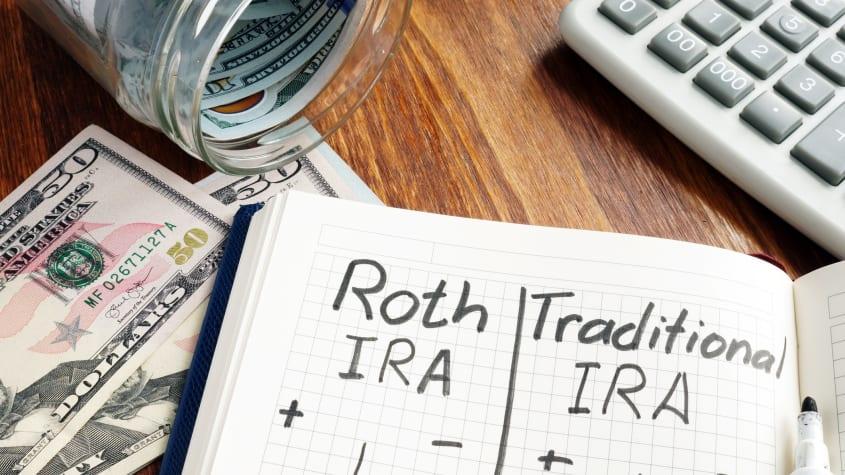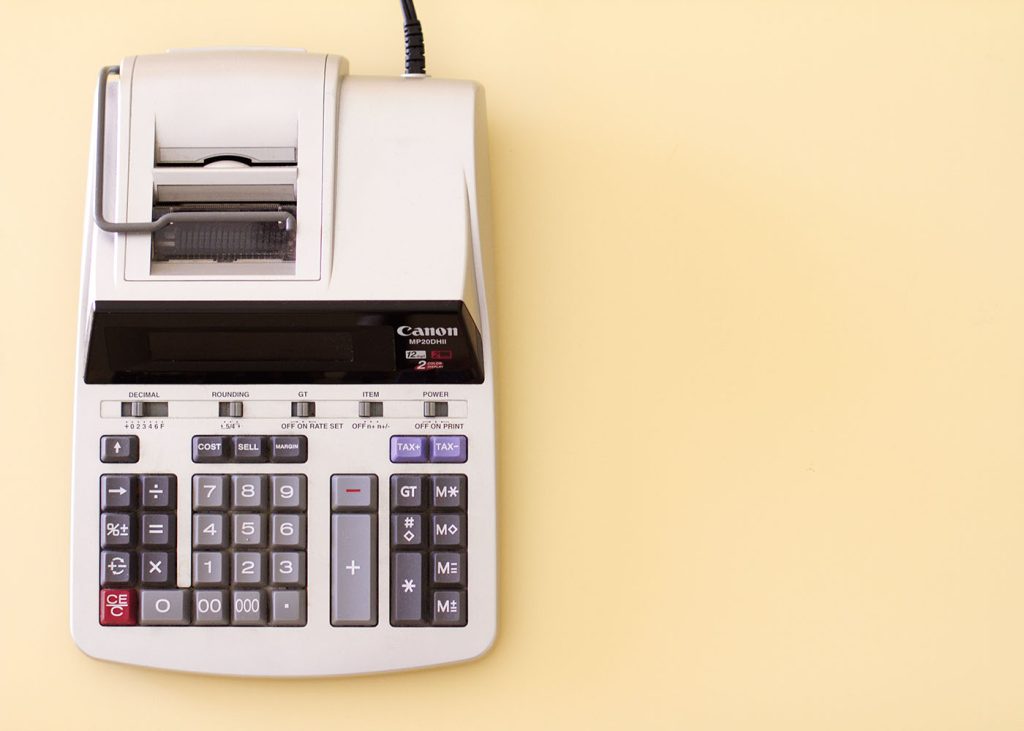The CARES and SECURES Acts offered financial relief during COVID-19. And though some of the benefits of these acts are no longer in effect, some of the rules within them were enacted as permanent changes in 2021. In this article, we will look at how these changes affect RMDs in 2021.
Keep in mind that RMDs can be incredibly costly if processed incorrectly. Therefore, the information in this article should not serve as a substitute for personal financial advice. Always contact your financial advisor before making any changes to your personal finances.
How are RMDs Calculated?
A required minimum distribution, or RMD, is a minimum amount of money one must withdraw from their IRA each calendar year after reaching a specific age.1
The amount of a required minimum distribution is calculated by dividing the following two values from one another:1
- The total account balance of an IRA in the previous calendar year, divided by
- A value, determined by the IRS’s “Uniform Lifetime Table.”
The final amount is the minimum amount that must be withdrawn. However, it should be noted that calculating minimum distribution requirements should be handled by financial professionals, as a failure to withdraw an RMD can result in a 50 percent tax penalty.1
Retirement Plans Affected by RMDs
The following retirement plans will be affected by the new RMD requirements:1
- Traditional IRAs
- SEP IRAs
- SIMPLE IRAs
- 401(k) plans
- 403(b) plans
- 457(b) plans
- Profit-sharing plans
- Other defined contribution plans
As a reminder, Roth IRAs do not follow RMD rules.1
Changes to RMDs in 2021
RMDs have changed in a few ways in 2021. First, following the SECURE Act, the required age of RMDs increased from 70 and a half to 72 in 2020.2 If you will be turning 72 in 2021, and this is your first RMD, then you will have until April 1, 2022, to make your minimum withdrawal instead of the standard date of December 31 of each year. Additionally, the CARES act waiver no longer applies to 2021, meaning RMDs must be taken by the end of the year to avoid the 50 percent tax penalty.
RMDs and Inherited IRAs
When an IRA is inherited, the inheritor becomes a beneficiary and must still take RMDs.2 However, how these RMDs are processed will depend on the date of the original account owner’s passing and the type of beneficiary receiving the account.2
The type of beneficiary depends on multiple factors, such as relationship to the original account owner and state of residence.3 Though, in general, spouses and other eligible beneficiaries may be allowed to take RMDs over their lifetime, while other beneficiaries will need to follow the 10-year rule, withdrawing the entire account within 10 years.2
Of course, this is a general approach and alternatives do exist. Therefore, beneficiary type and RMDs should be determined by an advisor or other financial professionals before any actions are taken.
The way RMDs are processed may have changed this year. But by keeping this information in mind and consulting a financial planner, you can work to make sure your RMDs are withdrawn and calculated properly, without worrying about the potential tax penalties.




